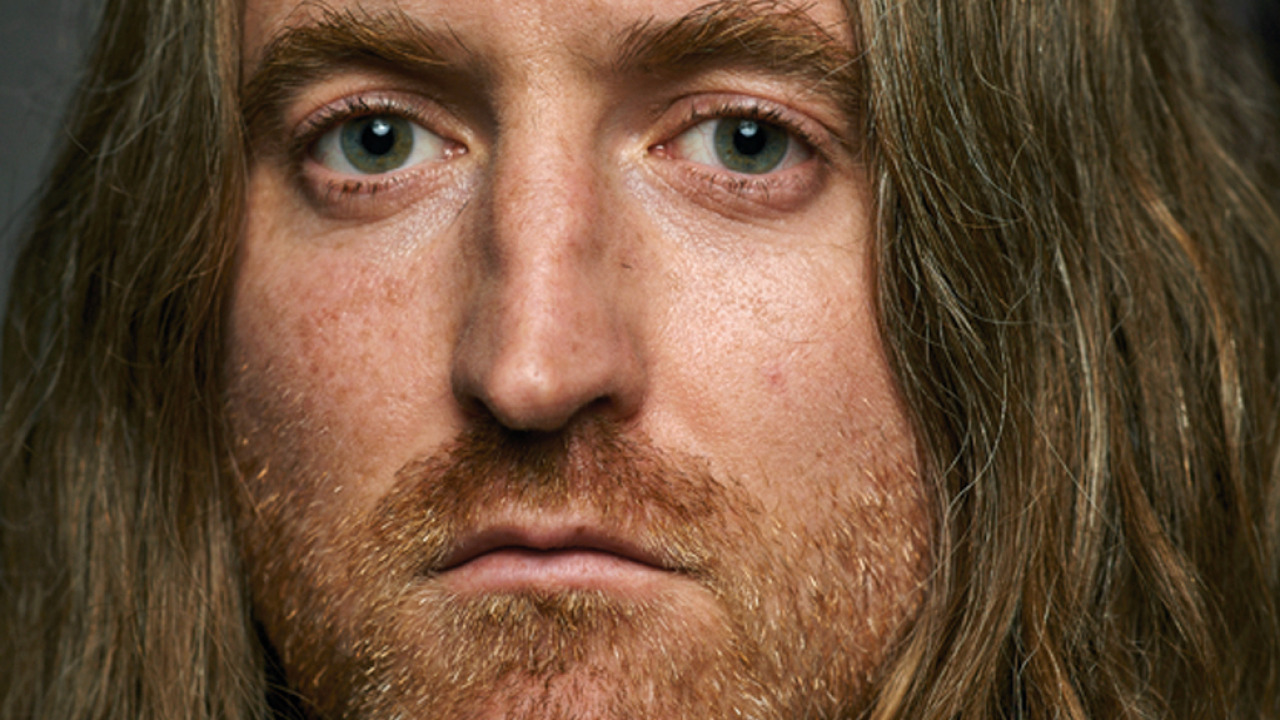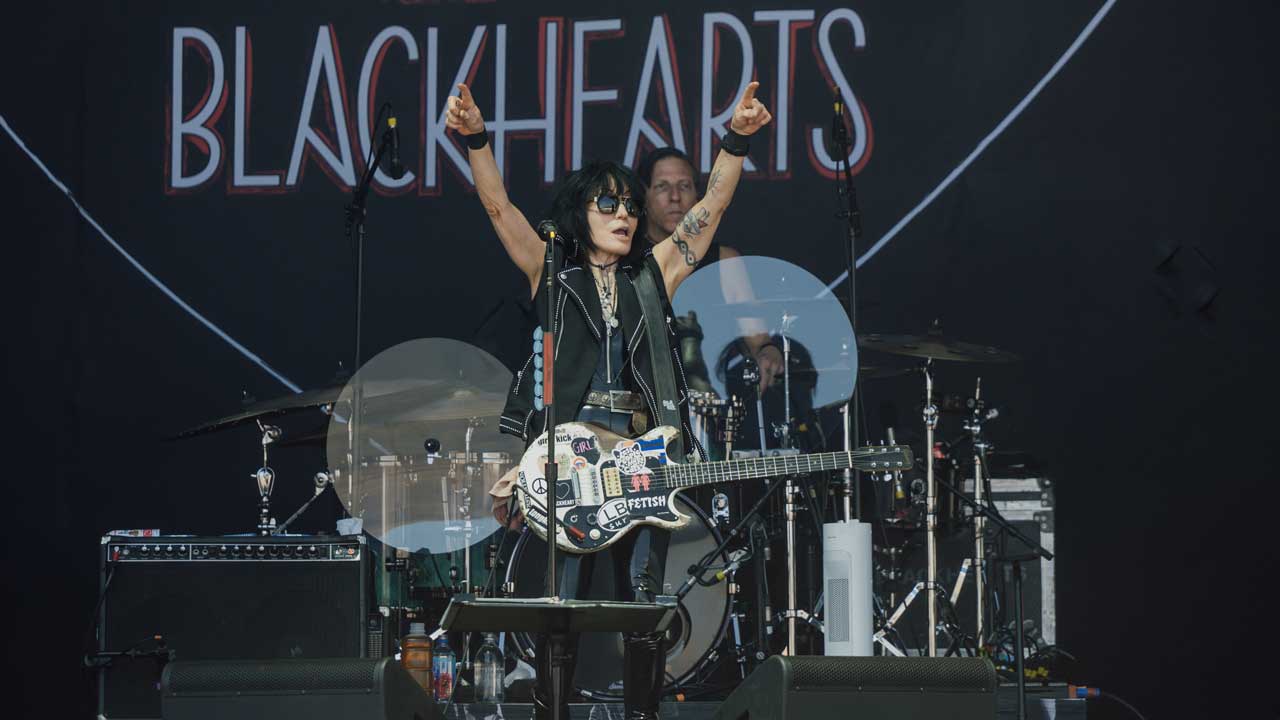Politics: Cormac Neeson
Peace is the answer for this child of the Troubles.

You grew up in the eighties and nineties. Did the Troubles affect you on a personal level?
Just as my mum got pregnant with me, the hunger strike marches and everything that went with that horrible time started happening, literally outside our front door in Belfast. So the value of my mum and dad’s house went way down, they couldn’t sell it and they couldn’t move away. Eventually they did move out, to Newcastle just down the coast – I was too young to be consciously affected, but it shaped my childhood in that it forced my parents out of Belfast, where they’d been happy until that point.
So having escaped all that, what stands out in your memories of growing up?
Newcastle’s definitely one of those towns in Northern Ireland where you don’t really grow up getting… I suppose ‘brainwashed’ by the stuff that was going on at that time. But if you drove three or four miles in the other direction you’d be driving through painted kerbstones and flags, and all the stuff you associate with the prejudiced side of Northern Ireland. I grew up with more of an open mind than a lot of kids of my generation, and I’m thankful for that.
You studied ethnomusicology in Belfast, having worked as a blues singer in New York in your late teens. How did you find the return to Ireland?
That class was how I hooked up with The Answer, because Paul [Mahon, guitarist] was doing the same degree. So I look back on those years as some of the best times of my life. And Belfast was moving into a really great time in its history, because the Troubles were over and people were starting to go to bars that they never used to go to. So it was a brilliant time to be a student there.
If you were an MP today, what would you want to change?
Sign up below to get the latest from Classic Rock, plus exclusive special offers, direct to your inbox!
Well, I’d definitely try and push open-mindedness at all times – it’s so easy for prejudiced viewpoints in society to sneak in people’s ears. We’re surrounded by that kind of stuff in Northern Ireland, yet ninety-nine per cent of society here is revelling in the peace we’ve been enjoying for the last bunch of years. But once or twice a year, the old poisonous attitudes emerge… It’s frustrating sitting in traffic in Belfast surrounded by thirty police vans and thinking, ‘I thought Northern Ireland was meant to be an example of a peace process in full working order’, and now people are going to see these pictures in the news tonight and say to each other: ‘I don’t want to go there’, when really it’s a great place.
The recent death of Gerry Conlon, who was one of the Guildford Four wrongly convicted of pub bombings in the seventies, must bring those turbulent times to the forefront of public consciousness.
It does. But even now… we played a benefit to combat racism there last Friday, because that’s the most recent kind of poison to creep into Northern Irish society. It’s so much in the minority, but there are people getting a hard time and that makes me angry, and it makes Joe Public very angry, too.
Ever been caught up in any violence yourself?
Oh sure, I’ve had to break up many fights, and been in a few as well! Not necessarily fights begun on any important issues of society – drunken bullshit most of the time… I’m more about peace and reconciliation though, than ‘sorting it out like men’.

Polly is deputy editor at Classic Rock magazine, where she writes and commissions regular pieces and longer reads (including new band coverage), and has interviewed rock's biggest and newest names. She also contributes to Louder, Prog and Metal Hammer and talks about songs on the 20 Minute Club podcast. Elsewhere she's had work published in The Musician, delicious. magazine and others, and written biographies for various album campaigns. In a previous life as a women's magazine junior she interviewed Tracey Emin and Lily James – and wangled Rival Sons into the arts pages. In her spare time she writes fiction and cooks.
